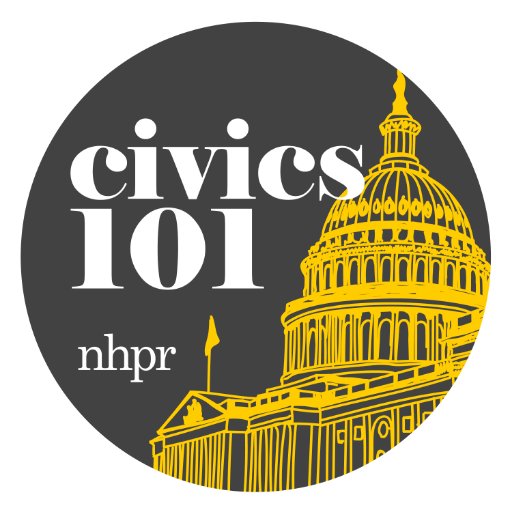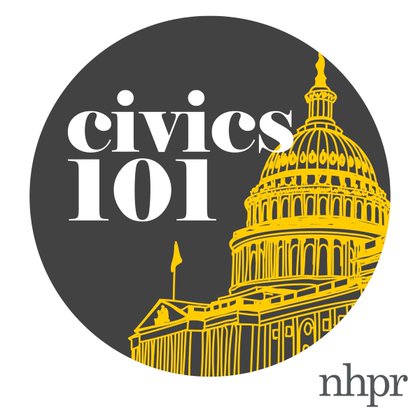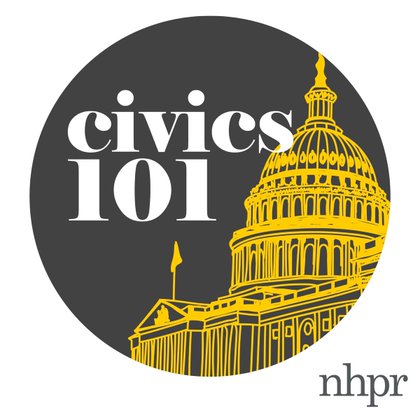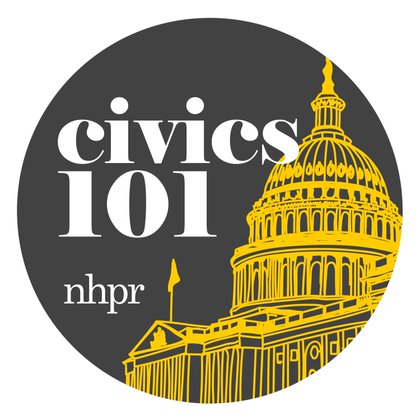
Civics 101 Podcast
@civics101pod
Followers
3K
Following
4K
Media
1K
Statuses
3K
The podcast about how our democracy is supposed to work. Produced by New Hampshire Public Radio @nhpr | ✉️: [email protected]
New Hampshire, USA
Joined January 2017
RT @reblavoie: Right now on @civics101pod - a two-part episode on who is running our government, and what they were doing before being conf….
podcasts.apple.com
Government Podcast · Updated Weekly · How do landmark Supreme Court decisions affect our lives? What does the 2nd Amendment really say? Why does the Senate have so much power? Civics 101 is the...
0
4
0
If you're curious about what the Secretary of Transportation does, American infrastructure generally, and how the DoT funds projects, today's guest, @SecretaryPete, knows the job VERY well. #sschat #apgov #hsgovchat.
podcasts.apple.com
Podcast Episode · Civics 101 · 01/07/2025 · 24m
2
9
37
Curious about how our democracy works (or how it's supposed to work, anyway?) Check out Civics 101 - we've got over 300 episodes - the role of the speaker of the house, if the president controls the price of gas, and how authoritarianism works.
civics101podcast.org
Civics 101 is a podcast about the basics of our government and how our democracy works from New Hampshire Public Radio (NHPR).
0
1
2










